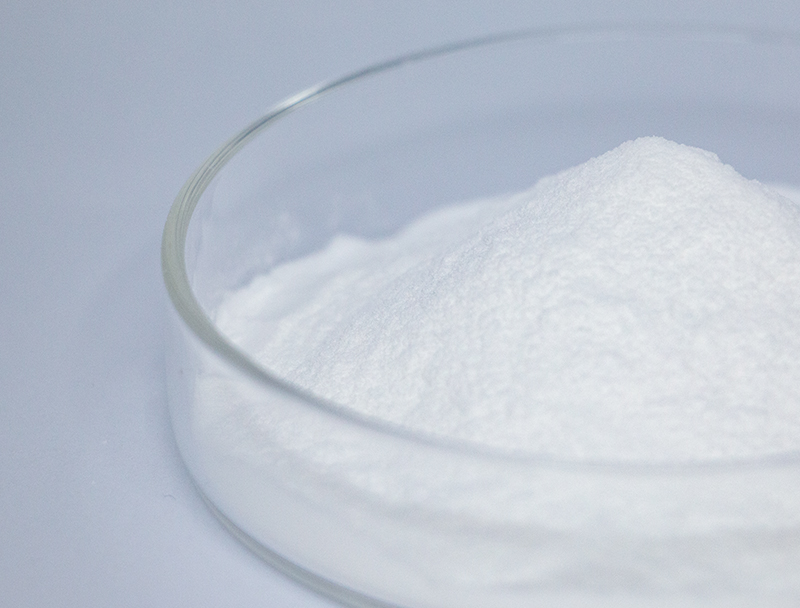
Industrial biosynthesis counts extensively on a vast array of raw materials to supply inventive bioproducts.
Safeguarding long-term supply of raw inputs underpins enduring viability and ethical market growth.
an array of drawbacks from conventional supply chains such as ecological damage and resource depletion. Consequently, biotech firms need proactively to adopt sustainable procurement approaches to reduce environmental impact.
- Models of sustainable material sourcing include:
- Applying circular feedstocks from post-harvest streams
- Deploying circular process designs to reduce discard and boost reuse
- Partnering with local suppliers committed to ethical sourcing practices
This shift towards sustainable raw material sourcing is not only environmentally beneficial but also economically viable in the long run.
Maximizing Feedstock Quality for Increased Biofuel Output
Enhancing biofuel output is grounded in superior feedstock characteristics. Scientists are constantly exploring novel strategies to optimize these feedstocks, delivering enhanced conversion and a more resilient energy mix. Strategies feature genetic optimization to raise biomass yield plus pretreatment to depolymerize plant polymers into sugars.
- Furthermore, teams search for alternative biomass sources including algal strains, industrial wastes, and crop leftovers to broaden sustainable feedstock options for fuels.
- Via sustained research the industry stands ready to accomplish considerable improvements that enable a greener energy transition.

Next-Generation Upstream Methods in Biopharmaceuticals
includes primary operations from inoculation through cell collection Recent progress has advanced techniques that maximize productivity and increase output.
Crucial progress includes proprietary cell systems, optimized growth media, and adaptive bioreactor architectures. These developments raise yield and cut costs as well as diminish environmental consequences.
- Furthermore, there is a growing trend towards continuous processing in upstream processing, allowing for increased flexibility over the production process.
- This shift towards more sophisticated biopharmaceutical manufacturing methods promises to revolutionize the industry and pave the way for faster development of novel therapeutics.
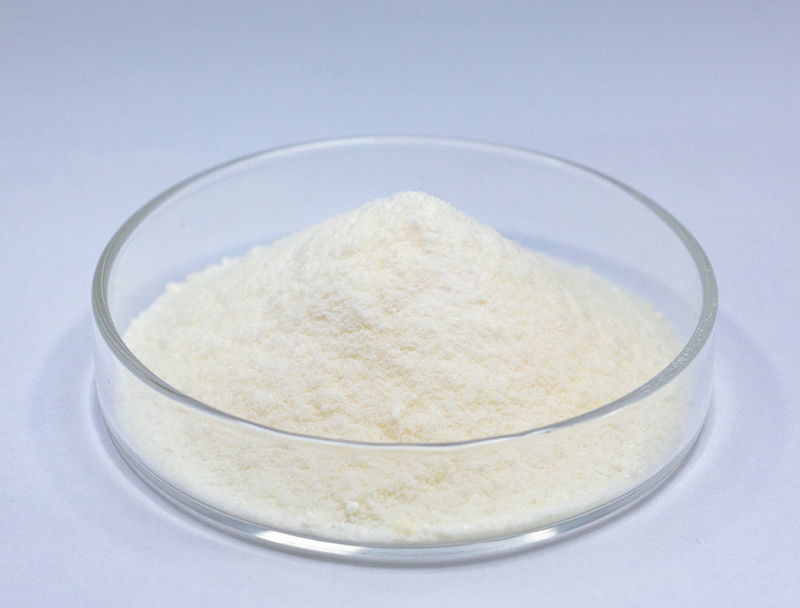
Precision Genomic Tools Enhancing Biopharmaceutical Yields
improvements in molecular editing platforms like CRISPR have updated therapeutic production processes. Through controlled genetic modifications, practitioners increase therapeutic protein production. This route supports the creation of more affordable and productive treatments for multiple disorders.
Microbial Solutions for Greener Bioremediation Practices
innovative solutions for sustainable bioremediation, a critical process for addressing environmental pollution. Engineered and natural microbes can attenuate pollutants via metabolic conversion.. By harnessing this natural potential, we can develop environmentally friendly strategies for cleaning up contaminated sites and mitigating the negative impacts of industrial activities.. Laboratories test microbial species for efficacy against metals, pesticide pollutants, and oil-related contamination. Organisms may be utilized in controlled reactors or in place to accelerate contaminant decomposition through biodegradation..
Microbial-based approaches to remediation bring considerable advantages over traditional solutions. Microbe-driven cleanup typically costs less and generates fewer dangerous byproducts. Also, microbial interventions offer targeted remediation that minimizes collateral ecosystem disturbance. Work in this area evolves rapidly to optimize the success rates and scalability 5-Aminolevulinic acid of bioremediation solutions.
Data-Driven Approaches for Therapeutic Development
Bioinformatic tools play an increasingly crucial role in the modern landscape of drug discovery and development. From target discovery through candidate optimization, bioinformatics facilitates streamlined, hypothesis-guided workflows.
- Via examination of genomic, proteomic, and clinical datasets, researchers pinpoint targets and project drug activity.
- Concurrently, virtual screening and simulation shape the development of more effective therapeutics.
- Finally, bioinformatics is revolutionizing the drug discovery and development process, accelerating the time to bring safe and effective treatments to patients in need.
Metabolic Engineering Strategies for Enhanced Bioproduct Synthesis
applies assorted techniques to boost microbial synthesis of valuable compounds. Methods might combine targeted gene changes to rechannel flux, regulatory element design to control expression, and exogenous gene introduction to provide fresh capabilities.. By fine-tuning these processes, engineers can significantly increase the yield of desired bioproducts.
This combined approach has capacity to change industries from drug manufacture to food production and bioenergy.
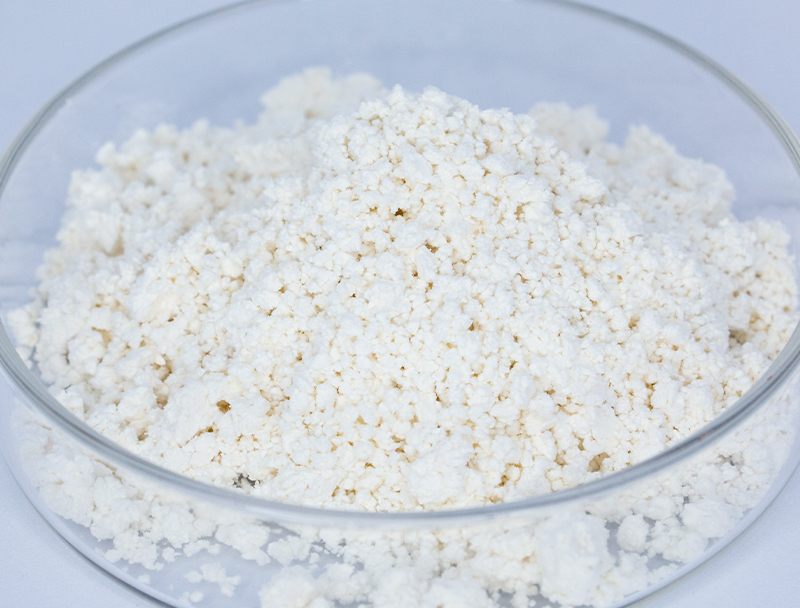
Challenges and Opportunities in Scaling Up Biopharmaceutical Production
Upscaling therapeutic manufacturing brings major obstacles along with promising prospects. Sustaining uniform quality across expanded production capacity is a principal challenge. This requires robust process control, precise monitoring, and sophisticated analytical techniques.

Another concern is that bioprocessing workflows are inherently complex and multi-staged.. Translating lab methods into scalable operations needs heavy research and technology breakthroughs.. However, the prospective rewards are sizable. Achieved scale can widen availability of treatments, lower manufacturing costs, and boost financial returns.
Several projects are designed to mitigate these scaling barriers. They encompass new process-improvement tools, in-line analytics for continuous oversight, and creative manufacturing approaches.
- Research and development activities are central to evolving manufacturing capacity.
- Authorities are revising processes to enable faster clearance of manufacturing innovations and encourage progress.
Exploring Approval Frameworks for Biopharmaceutical Safety and Effectiveness
Creating biologic medicines requires strict regulatory controls to maintain both patient safety and therapeutic value. Products of biological origin introduce specific challenges that differ from standard drug development.
Bodies like FDA and EMA shape the regulatory landscape and set benchmarks for evaluating innovative therapies..
Rigorous testing protocols are mandatory throughout the development lifecycle, from pre-clinical research to post-market surveillance.. The measures work to spot potential hazards and validate that therapies reach demanding safety levels..
Moreover, oversight agencies continually refine approaches to align with accelerating scientific progress in therapeutics.. Strategies include welcoming technological advances and simplifying development while prioritizing patient safety.
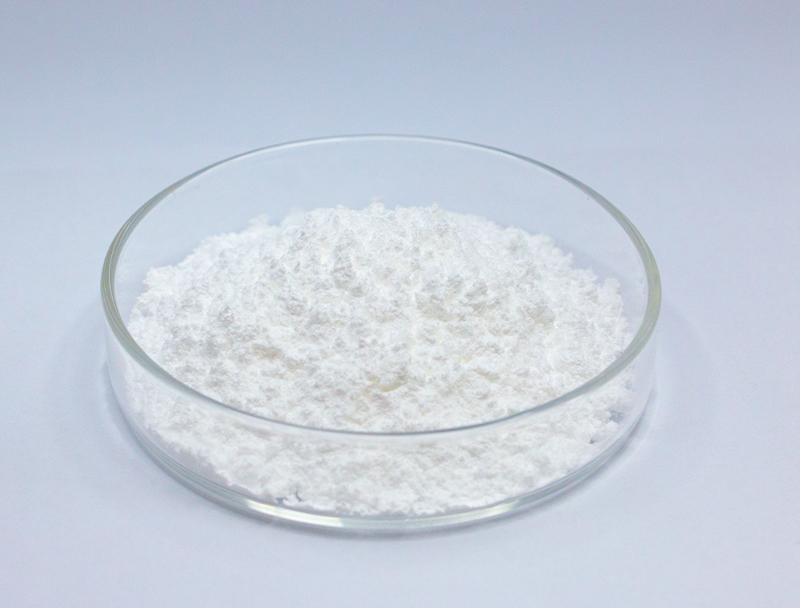
Plant-Derived Feedstocks as a Route to Sustainable Bioplastics
A stronger push for environmentally responsible materials is driving research into renewable options. Among these, bioplastics, produced from plant-derived biomass feedstocks, offer a promising avenue towards a greener future. Biomass sources such as cornstarch, cellulose, and sugarcane are usable to produce plastics that biodegrade and reduce ecological impact.
Moreover, bioplastics can mirror key properties of fossil-derived plastics and fit diverse application needs.. Ongoing studies and technology development are vital to exploit plant feedstocks for bioplastics and foster a circular economy.
Biotech's Role in Improving Global Health and Agricultural Resilience
Advanced biotech approaches can reshape healthcare delivery and enhance agricultural resilience. By harnessing genetic engineering, synthetic biology constructs, and advanced cell therapies, technologists deliver capabilities to reduce disease burden, raise crop outputs, and increase food value. Consider genetically enhanced crops that resist pests and environmental stresses to improve production and reduce pesticide reliance.. Moreover, biotechnology plays a crucial role in developing vaccines, antibiotics, and diagnostic tools that are essential for combating infectious diseases and improving global health outcomes.. As research progresses, biotechnology holds immense promise for creating a healthier and more sustainable future for all.
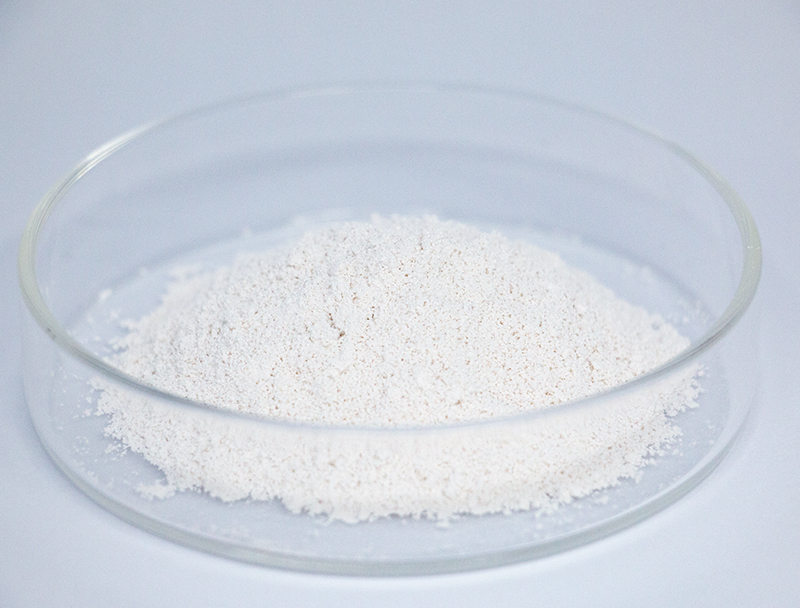 5-Aminolevulinic acid
5-Aminolevulinic acid